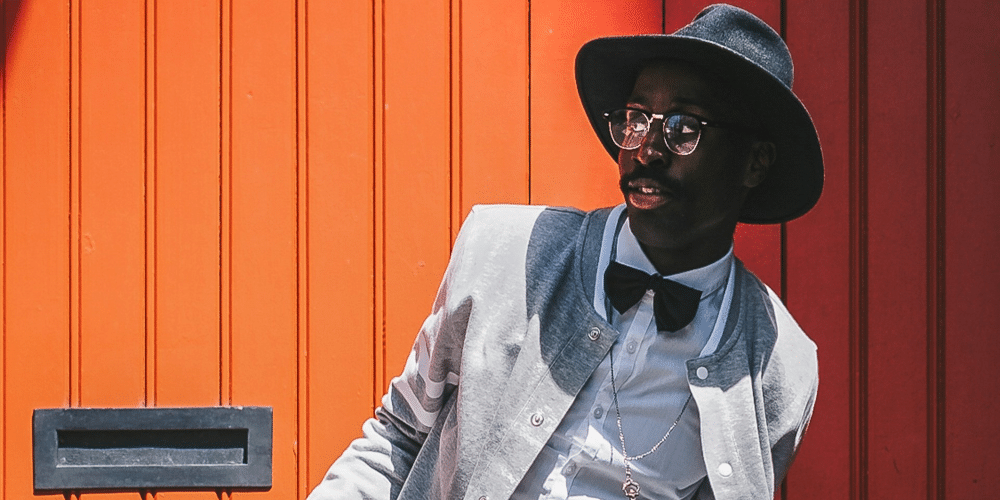Remember the golden age of rap battles? When MCs would take turns tearing each other down with clever wordplay and blistering rhymes? Well, the tradition of throwing shade and settling scores with lyrical venom has evolved into the modern phenomenon of the diss track.
These diss tracks can be scathing takedowns, playful jabs, or calculated marketing ploys, but one thing’s for sure – they still hold a powerful place in the music industry. Let’s delve into the world of diss tracks, exploring the reasons why they continue to be a source of controversy, entertainment, and sometimes, genuine artistic expression.
From Playground Taunts to Chart-Topping Hits: The Allure and Controversy of Diss Tracks
There’s something undeniably primal about the diss track. It taps into our basic human desire for competition and a good verbal showdown. Imagine two rappers, at the peak of their careers, locked in a lyrical duel over a slamming beat – the tension hangs thick in the air, the anticipation electrifying. A recent study by the National Endowment for the Arts explores the role of conflict and competition in artistic expression, highlighting how diss tracks can push artists to new creative heights. This lyrical sparring can spark creativity, forcing rappers to hone their wordplay, crafting intricate rhymes and metaphors that showcase their lyrical prowess.
However, diss tracks can also be cruel and hurtful. Imagine a rapper targeting a personal insecurity or past mistake of their rival – the lyrics can be deeply personal and leave lasting scars. This negativity can lead to a cycle of retaliation, with each diss track escalating the conflict and fueling fan wars.
Online platforms can amplify this negativity, with fans taking sides and hurling insults through social media comments sections. A recent article by Rolling Stone Magazine explores the darker side of diss tracks, highlighting the potential for online harassment and the impact it can have on mental health. The line between playful competition and malicious bullying can easily be blurred in the digital age.
Beyond Beef: Artistic Expression and the Evolution of Diss Tracks
Not all diss tracks are created equal. Some are crude and mean-spirited, while others can be surprisingly clever and even funny. Imagine a rapper using wordplay and witty metaphors to poke fun at their rival’s musical style or fashion choices – the diss becomes a form of playful one-upmanship, entertaining listeners without resorting to personal attacks. Think of a rapper comparing their rival’s rhymes to a broken record, or their fashion sense to a lost tourist. These lighthearted jabs can be a humorous way to settle a minor disagreement or simply entertain fans.
Furthermore, some artists use diss tracks as a platform for social commentary. Imagine a rapper using their lyrical venom to criticize corrupt record labels, exploitative industry practices, or societal inequalities. The diss track becomes a form of protest music, using a familiar format to deliver a powerful message. Think of a rapper calling out industry insiders who prioritize profits over artistic integrity, or challenging social norms that perpetuate stereotypes. This type of diss track uses the format’s inherent rebellious spirit to advocate for change.
The Art of the Counter-Diss: Turning the Tables on Tradition
The evolution of the diss track has also seen the rise of the counter-diss, a response track that flips the script and reclaims the narrative. Imagine a rapper targeted in a diss track using their response to showcase their wit and lyrical skills, turning the tables on their attacker and silencing the negativity. This type of counter-diss can be a powerful way to regain control of the narrative and demonstrate resilience.
The Final Verse: The Future of Diss Tracks in Music
The diss track is a complex phenomenon, a double-edged sword that can be both destructive and creative. The future of diss tracks likely lies in finding a balance between entertainment and respect. Imagine artists using their lyrical skills to challenge each other creatively, pushing each other to be better performers without resorting to personal attacks. Think of a diss track that focuses on musical styles, lyrical flow, or artistic vision, sparking a debate about the direction of the genre.
Ultimately, the power of the diss track lies in the hands of the artists themselves. It can be a platform for negativity or a space for artistic expression. By using their creativity and influence responsibly, artists can ensure that diss tracks remain an exciting and engaging part of the music industry, while promoting healthy competition and artistic growth.
So, the next time you hear a diss track, take a moment to appreciate the artistry behind it. It might be a playful jab wrapped in clever wordplay, a social commentary disguised as a lyrical battle, or even a witty counter-diss that flips the script on a diss. One thing’s for sure – diss tracks are here to stay, a testament to the power of music to entertain, provoke, and spark conversation. They are a reminder that competition can be a catalyst for creativity, pushing artists to refine their craft and deliver their most compelling work.
However, the future of diss tracks also hinges on the responsibility of the audience. It’s important to remember that these are artistic battles, not real-life conflicts. While it’s natural to get caught up in the excitement of a lyrical duel, it’s crucial to avoid perpetuating negativity online. Imagine using social media platforms to celebrate the creativity on display, appreciating the wordplay and lyrical skills showcased by both artists.
By engaging with diss tracks in a positive and respectful manner, fans can help shape the future of this musical phenomenon. The diss track can be a force for good, pushing artists to new creative heights and sparking important conversations about the music industry and society at large.
So, the next time you hear a diss track, remember – it’s not just about the insults and the drama. It’s about the artistry, the competition, and the power of music to push boundaries and challenge the status quo. It’s a testament to the enduring human desire to express ourselves, to compete, and to create something new and unexpected. And that, after all, is what music is all about.







